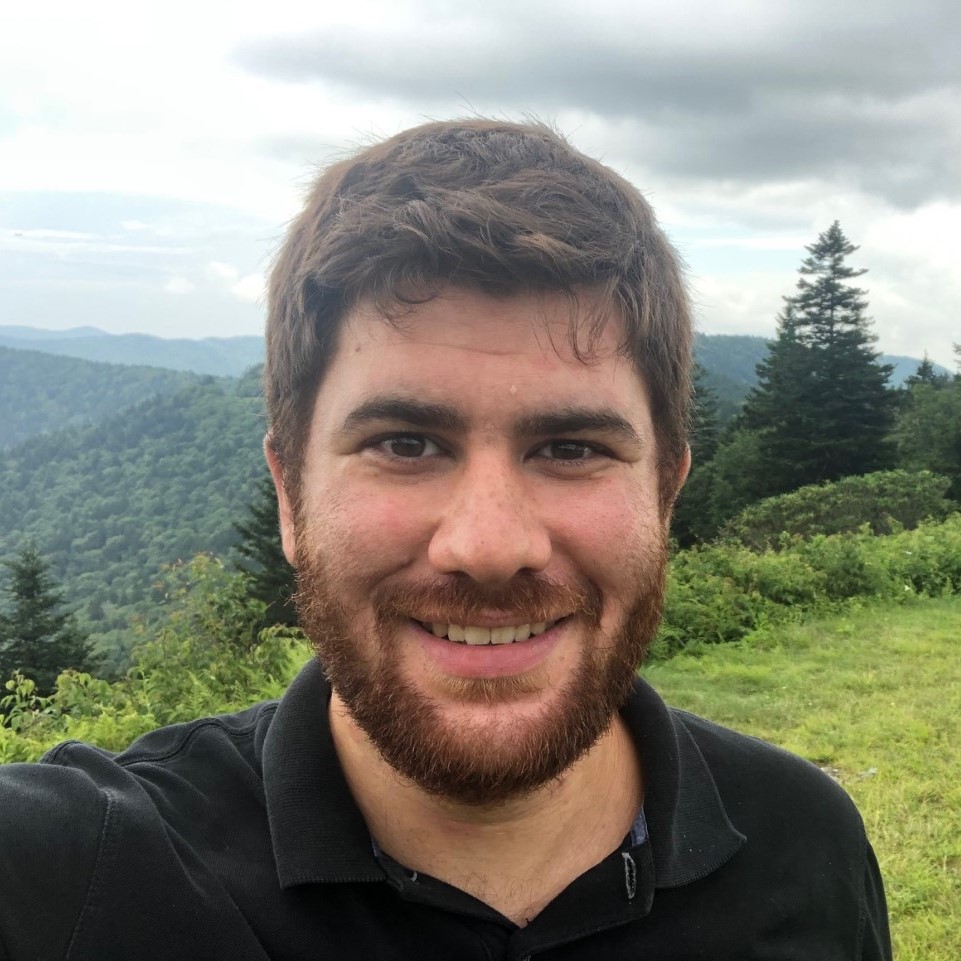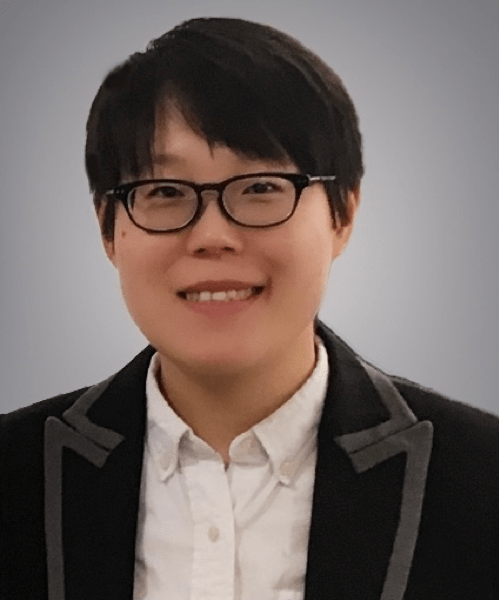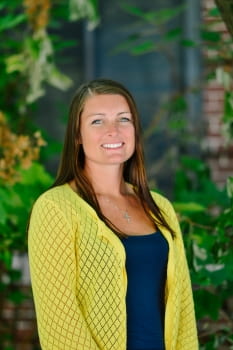Hejintao Huang:
My research has been funded by GDOT, NSF and Southern Company. I am working on the beneficial use of waste materials and life cycle assessment of geotechnical applications. My work takes place at the interface of geoenvironmental engineering, materials science, and geochemistry. I study the fundamental properties of waste materials, in terms of their crystalline, organic, physical, chemical, morphological, and engineering properties. My goal is to develop more sustainable materials for construction and maintenance. In addition, I perform economic feasibility analyses and lifecycle assessment. I am a skilled experimentalist, proficient in: XRD, SEM, TOC, PSA, LOI, TGA, and traditional geotechnical testing, including triaxial, consolidation, and hydraulic conductivity testing. I am also a skilled LCA software performer, proficient in OpenLCA and Simapro 9.0.
Young Suk Jung:
I am working on improving the efficiency of best management practices (BMPs) for stormwater runoff management, and my work is funded by Georgia Department of Transportation (GDOT). For evaluation of BMP performance, I study contaminant removal and hydraulic conductivity control using laboratory and field tests. From the results, I have developed an amended sand filter given input into statewide guideline for optimizing contaminant removal efficiency. Additionally, I am using the International Stormwater BMP Database to assess the environmental and economic impacts of BMP treatment system using life cycle assessment.

Ryann Khalil:
My current research focuses on the beneficial use of waste materials, including non-recyclable municipal solid waste (N-MSW) and drill cuttings from oil wells. Since starting as a Ph.D. student in Fall 2021, I have been working on a project funded by the Department of Energy (DOE) that seeks to convert N-MSW to jet fuel through gasification. My task is to perform chemical testing on different types of N-MSW to help determine the optimal blend for gasification. At Georgia Tech, I perform proximate analysis in which moisture, volatile, fixed carbon, and ash content are determined, and differential scanning calorimetry (DSC) in which heat flow during volatilization is characterized. I coordinate with an external laboratory to perform ultimate analysis in which the elemental composition of the waste is determined. I am also working on a project funded by Chevron involving the production of bricks from drill cuttings from oil wells. Bricks are composed of blends of drill cuttings, local soils, and relatively plastic clays (i.e. Kaolinite and Bentonite), and are produced through extrusion or compression with a mold. I then perform testing on the bricks for strength and chemical characteristics. I completed my master’s in civil engineering at Georgia Tech in 2022, and I graduated from Emory University in 2018 with a degree in chemistry.
Lynnae Luettich:
I have been working on a research project funded by the Georgia Department of Transportation to optimize the design of post construction stormwater best management practices (BMPs) for performance while minimizing right-of-way acquisition and peak flows. My research has led me to the creation of a model that uses topographical, geotechnical, and environmental characteristics common to the considered region and produces theoretical estimations of pollutant removal. Using theories from Navier-Stokes and Darcy’s Law the model will be able to predict the amount of total suspended and dissolved solids removal before the BMP is installed in order to optimize its design. Other areas that I have researched include in-situ infiltration measurement methods, geochemistry of urban runoff, and the design and use of runoff simulators to enhance sampling. I have advanced skills using the triaxial device, MPD Infiltrometer, total stations, MATLAB, and UV spectrophotometry.
Shaivan Shivaprakash:
My research work focuses on the optimization of Microbially Induced Calcite Precipitation (MICP), a sustainable ground improvement technique. The research work is funded by National Science Foundation (NSF). In particular, I want to reduce the problem of clogging at the injection port by increasing bacterial transport using nanoparticles such as colloidal silica and surfactants. Additionally, my research work also includes the application of MICP to carbonate rich soils done in collaboration with Center for Bio-mediated and Bio-inspired Geotechnics (CBBG), Queen’s University Belfast Energy Efficient Materials Research Center (EEM), and SFI-funded Irish Center for Research in Applied Geoscience (iCRAG).
BURNS LAB ALUMNI
| Akin Akinsola Bate Bate Aditya Bhatt Nicole Caruso Stuhr Hyunwook Choo Ross Cutts Megan Fuller Zhi Ge Sarah Gravatt Kip Gray |
Joan Larrahondo Junghwoon Lee Jason Lorenzetti Edidia Nefso Randy Pettyjohn Andria Redding Yanping Ren Weslie Ross Bonani Sen Langan Natalie Soule |
Kimberly Tillman Davis Cameron Troxel Sean Tyndale Thomas Upson Xenia Wirth Jongmuk Won Yue Xu Nortey Yeboah Ming Zhang Qian Zhao |





